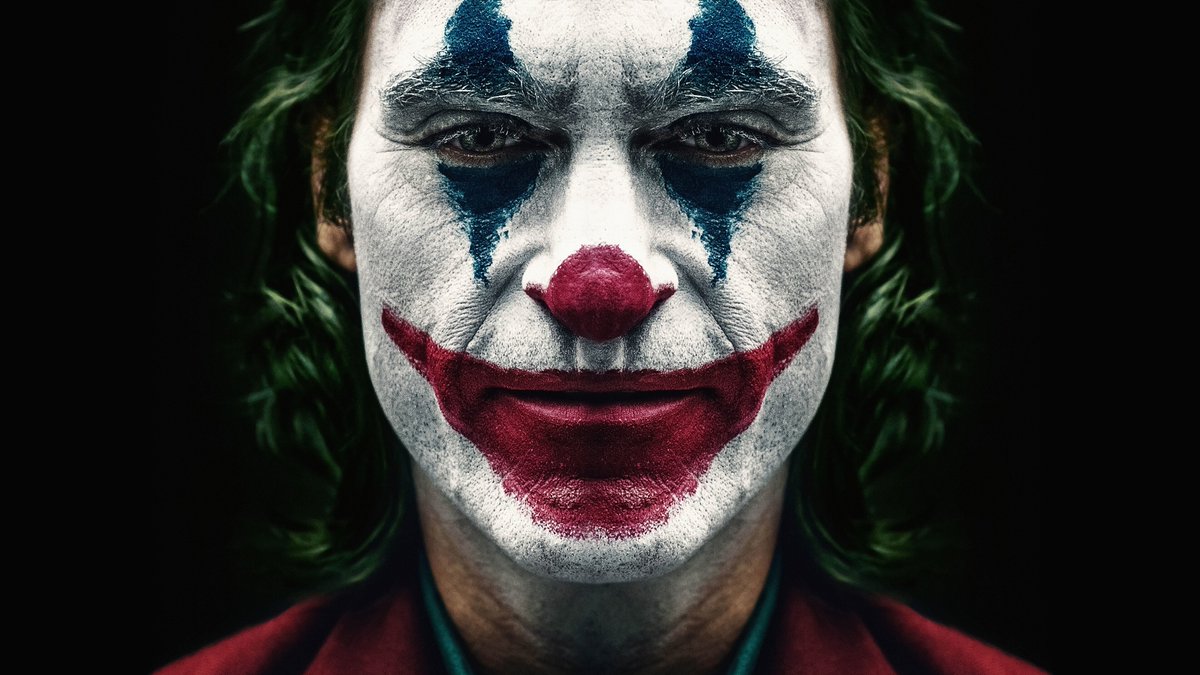Somewhere along the line, Joker, an origin story for DC’s most famous villain, became a battleground of arguments for whether the film is an irresponsible green light for the justification of the horrible acts committed by lonely, white, male killers and terrorists, or a dark but honest psychological masterpiece that transcends the limitations of the comic book genre.
For better or worse, Joker is, surprisingly, neither of these things. It’s not the incendiary embrace of violent incel culture and all the problematic ideology that goes with it that people feared, nor is it the richly layered, gritty, tragic take on an iconic character that writer and director Todd Phillips and fans seem to think it is. Instead, the film is just hollow and devoid of anything that might make it truly interesting. It tries and fails to present grandiose statements about society (cue the memes), loneliness, and mental health, ultimately standing for little to nothing at all by the time the credits roll.
Arthur Fleck (Joaquin Phoenix) just might be the most unlucky sack of misery in Gotham City (an obvious stand-in for 1980s New York City). He suffers from a debilitating disorder that causes fits of deranged laughter at any moment of the day, a condition that naturally makes everyone around him give him a wide berth. He lives with his elderly mother (Frances Conroy), who he takes care of, and has a hopeless crush (complete with stalking) on their neighbor, Sophie (Zazie Beetz). Despite his woesome life, Arthur has dreams of being a stand-up comedian, his inspiration coming from a late-night host played by Robert De Niro, who he idolizes.
Arthur is relegated to a job as a clown for hire, twirling an advertising banner for a store or attempting to cheer up sick children at the hospital. This proves to not be the safest of careers in crime-ridden Gotham City, as the pathetic loner is routinely harassed, bullied, and beaten up by hoodlums on the street. Shunned by society, repeatedly suffering trauma after trauma, and with zero hope of ever achieving his dreams, Arthur’s sanity begins to splinter. The daily despair and humiliation is too much for any one man to bear, and after a fateful and violent incident on the subway, his life gives way to a whole new direction, one that promises to change him and the city forever.
Credit where credit is due: Phillips’ insistence on location shooting and steering away from the use of CGI immediately sets Joker apart from the rest of its crowded comic-book brothers and sisters. There’s some wonderful production design from Mark Friedberg (If Beale Street Could Talk, Selma), and genuinely gorgeous imagery of the city from cinematographer Lawrence Sher (Godzilla: King of the Monsters). To top it all off, a booming score from composer Hildur Guðnadóttir (Chernobyl) bursts through each scene with a commanding presence. And of course, there’s Phoenix himself, giving the titular role all of his might.
Phoenix’s iteration of the Joker isn’t the deformed, low-life thug that was Jack Nicholson in Batman, he’s not the iconic clown prince of crime that was immortalized by Mark Hamill in the animated series, nor is he the anarchist agent of chaos that was Heath Ledger in The Dark Knight. Phoenix brings something to the part that we’ve yet to see onscreen for the character: Pain and wholly relatable misery. Undoubtedly a very physical actor, Phoenix’s performance is gripping and magnetic anytime he’s onscreen. His gnarled, far-too-skinny body wracks itself with piercing laughter, he often has moments where his creepy gaze looks through and past those speaking to him, and his inevitable transformation into a makeup-clad serial killer is one that the actor puts incredible effort into grounding; not an easy task with a character who’s famous for cartoonish acts of evil.
For all of the work that clearly went into the film, it’s such a disappointment that the end product still comes across as so notably shallow. Joker takes considerable inspiration from Martin Scorsese’s Taxi Driver and The King of Comedy (which, not by accident, also starred De Niro), but Phillips seems to have failed to understand the underlying commentary of both films. Arthur’s criminal ascent acts as a call to others – there’s anti-rich / elite resentment growing in Gotham, with Arthur unwittingly acting as a figurehead of the movement. Protestors take to the streets in clown masks, but while this sort of anti-capitalist sentiment is certainly topical, the film’s stance on these political ideals is left incredibly vague, and has nothing to do with Arthur’s personal character arc. There’s a glaring disconnect.
After a solid first act, Joker turns into a real slog. The entire movie keeps dragging itself down with its overinflated sense of self-importance. It demands to be taken seriously, but it lacks the writing quality and nuance of storytelling required to justify such a thing. Artful moments of tremendous staging and cinematography slowly but surely start to lose their luster as it becomes overdone. And without a strong enough script to back the imagery up, it all ends up feeling like some kind of trick – a scam trying to fool audiences into believing that this is a smarter and deeper movie than it actually is. Instead of fueling the fire of the online controversy, for either side, it just pretends to take a stand for something, anything, but in the end it stands for nothing at all.
Joker will certainly be polarizing. It’s funny, the film itself has nothing to say, but we, the audience, sure do. I guess the joke’s on us.
Some of the coverage you find on Cultured Vultures contains affiliate links, which provide us with small commissions based on purchases made from visiting our site.

